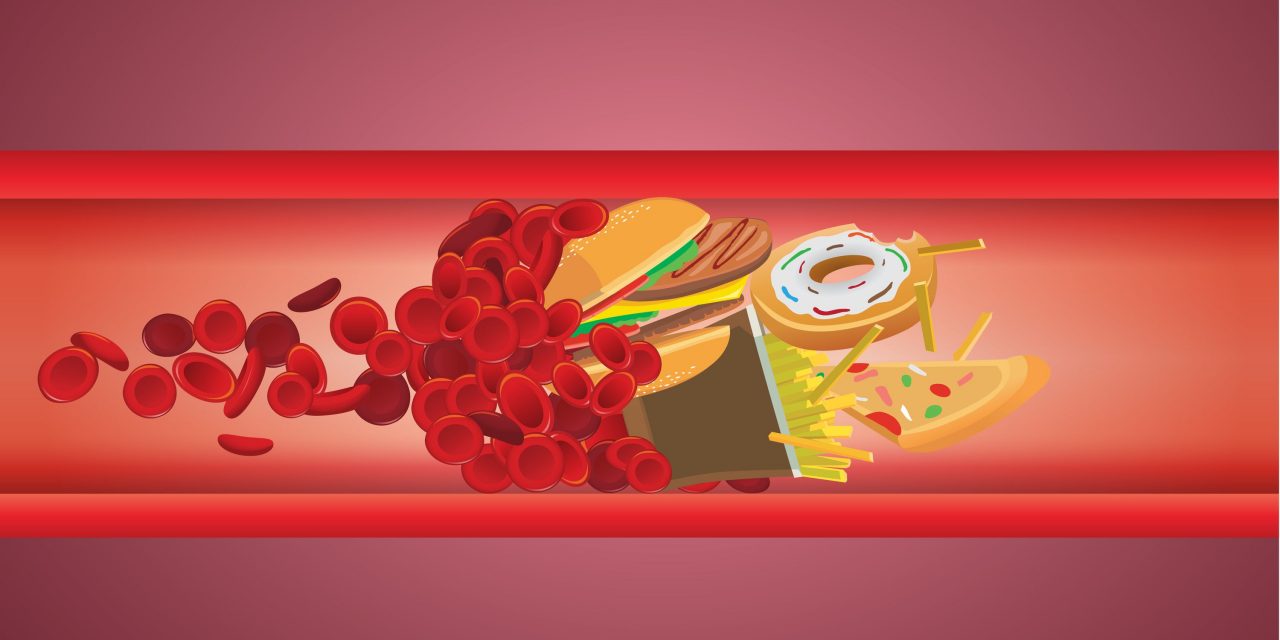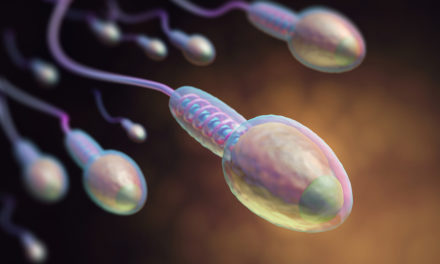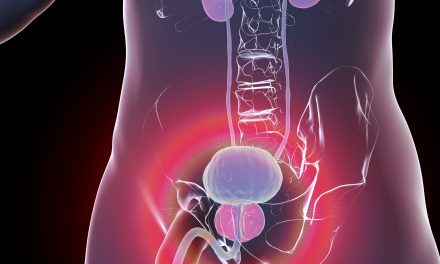Drug therapy: Drugs like sildenafil (Viagra) and tadalafil (Cialis) address the symptom. They relax the smooth muscles of the blood vessels and make erection possible. There are a few problems with this approach.
- Possible side effects include headache, flushing, upset stomach, abnormal vision, such as changes in color vision (like having a blue color tinge) and blurred vision, stuffy or runny nose, back pain, muscle pain, nausea, dizziness, or rash. Priapism, which is an erection that does not go away, is possible. It is a serious condition that can damage the penis.
- Many patients with erectile dysfunction (ED) also have cardiovascular problems since both are caused by circulation issues. Many of these patients take nitrates, but the combination of the two drugs can cause a dangerous (even fatal) drop in blood pressure.
- These drugs merely treat a symptom (albeit an inconvenient symptom), and do not address the long-term health of the patient. Taking steps to improve circulation and any hormonal deficits can produce benefits that go beyond symptom control.
Addressing the Core Issues
Symptoms are the body’s way of telling us something is wrong. Erectile dysfunction is often a sign that there is a problem with circulation. It may be a sign of atherosclerosis. Drugs can alleviate the symptom but do nothing for the cardiovascular issues that ED may be warning us about.
Inflammation: Inflammation is a key component of atherosclerosis, which may be the real health issue. Studies (Biomolecules. 2018 Aug 23;8(3):80; Annu Rev Pathol. 2006;1:297-329; J Diabetes Complications. 2017 Aug;31(8):1286-1292; Eur J Nucl Med Mol Imaging. 2017 Jan;44(1):141-150) show that inflammation is a key component to atherosclerosis. Since atherosclerosis is a likely cause of ED, reducing inflammation is a good strategy.
- Some foods cause inflammation (sugar, chemical additives, refined food) and others reduce inflammation (fruits and vegetables). Download the free booklet, Roadmap to Health, which will help you follow an anti-inflammation diet. The book is available at no cost to you.
- When taken with food, enzymes will digest the food. When taken on an empty stomach, enzymes reduce pain and inflammation. This reduction of pain and inflammation is supported by several studies (Inflammation. 2003 Dec;27(6):333-40; Indian J Pharm Sci. 2008 Jan;70(1):114-7; Oral Maxillofac Surg. 2020 Jul 7; Anaesthesist. 1993 Dec;42(12):856-61; Wien Med Wochenschr. 1999;149(21-22):577-80; Int J Oral Maxillofac Surg. 2008 Mar;37(3):264-8; Arthritis. 2015;2015:251521).
Circulation: There are herbs and nutrients that research has shown to improve circulation. These include Green Tea (leaf)1,2,3,4,5, Acetyl L-Carnitine6,7,8,9, Olive (Leaf)10, R-Alpha Lipoic Acid11,12,13,14,15, Trans-Resveratrol16,17,18,19, Coenzyme Q1020,21,22,23, and Astaxanthin24,25,26. Some supplement companies have combined ingredients like these to produce a product that will generally improve circulation. Other substances have also been studied and found to improve circulation. Vitamin A protects against the oxidation of LDL and slows the progression of atherosclerosis. Menauinone-7 (vitamin K2) helps prevent calcification of arteries and reduces their stiffness. Benfotiamine helps prevent damage to the arterial endothelium, especially in diabetics. Vitamin D deficiency can adversely affect the elasticity of arterial walls. Niacin reduces inflammation of the arterial lining, reduces LDL, and relaxes arterial walls. Magnesium lowers cardiovascular risk, reduces endothelial dysfunction, reduces arterial stiffening and reduces cardiovascular risk. Here is a link to a sample product sheet for a circulation supplement. It has scientific references supporting what was just mentioned.
Relax the walls of the blood vessels. Nitric Oxide, which is produced by the lining of the blood vessels, causes them to relax, improving blood flow. The amino acids arginine and citrulline can help the blood vessel lining to produce nitric oxide. Enhancing the circulation in this way has many clinical benefits, including lowering blood pressure, enhancing exercise performance, relieving intermittent claudication, and even helping with erectile dysfunction.
Hormonal support: As we age, the production of steroid hormones (like testosterone) decreases. Testosterone levels do drop as men age. They decline around the age of 30, and by age 80 may be down to just 20% of the levels found in men in their 20s. Problems go beyond the obvious, like loss of libido, inability to perform sexually, and low sperm counts. Men with low testosterone tend to have less stamina, reduced muscle mass, depression/anxiety, and cognitive problems.
Low testosterone can cause serious health problems. It is linked to obesity (and increased abdominal fat), Alzheimer’s disease, diabetes (33% of type 2 diabetics have low testosterone—[J Clin Endocrinol Metab 2004 Nov;89(11):5462‐8.)], and heart disease [(J Sex Med 2018 Sep;15(9):1260‐1271; Circulation 2007 Nov 20;116(21):2427‐34)]. The thing you really notice in men with low testosterone levels is a lack of initiative—they fit the stay‐at‐home, couch‐potato stereotype. They may say things like, “I used to like to work on the car (go on a hike, go dancing, work around the yard, etc.), but I really don’t feel like doing that anymore.” Click here to read more about low testosterone.
The medical approach, giving testosterone, can be dangerous. Testosterone replacement therapy may make sleep apnea worse. It may increase the number of red blood cells, which can increase the risk of clotting. Men using long-term forms of testosterone therapy appear to have a higher risk of cardiovascular problems, like heart attacks, strokes, and deaths from heart disease. There is also concern that testosterone treatment can stimulate the growth of prostate cancer cells.
Rather than looking at erectile dysfunction as a symptom to be eliminated, think of it as your body telling you something. Addressing the underlying health issues will be much more beneficial than manipulating the symptom with drugs.
- J Nutr. 2001 Jan;131(1):27-32 Tea catechins prevent the development of atherosclerosis in apoprotein E-deficient mice
- Ann Epidemiol. 2000 Aug;10(6):401-8 Relation between green tea consumption and the severity of coronary atherosclerosis among Japanese men and women Green tea protects against atherosclerosis
- Arterioscler Thromb Vasc Biol. 2010 Oct;30(10):2059-66 Coffee, decaffeinated coffee, caffeine, and tea consumption in young adulthood and atherosclerosis later in life: the CARDIA study Tea related to reduced coronary artery plaque
- Vascul Pharmacol. 2006 Jun;44(6):461-3. Effect of green tea on angiogenesis and severity of atherosclerosis in cholesterol-fed rabbit
- PLoS One. 2017 Aug 4;12(8):e0181666. Green tea polyphenol treatment attenuates atherosclerosis in high-fat diet-fed apolipoprotein E-knockout mice via alleviating dyslipidemia and up-regulating autophagy
- Biol Trace Elem Res. 2018 Aug;184(2):422-435. Acetyl-L-Carnitine Attenuates Arsenic-Induced Oxidative Stress and Hippocampal Mitochondrial Dysfunction
- Mech Ageing Dev. 1995 Oct 13;84(2):103-12. Carnitine-acylcarnitine translocase activity in cardiac mitochondria from aged rats: the effect of acetyl-L-carnitine
- Mech Ageing Dev. 2012 Feb-Mar;133(2-3):99-106 Acetyl-L-carnitine supplementation reverses the age-related decline in carnitine palmitoyltransferase 1 (CPT1) activity in interfibrillar mitochondria without changing the L-carnitine content in the rat heart
- FEBS Lett. 1994 Aug 22;350(2-3):213-5 Effect of aging and acetyl-L-carnitine on the activity of cytochrome oxidase and adenine nucleotide translocase in rat heart mitochondria
- Planta Med. 2015 Jun;81(8):648-54 Effects of the olive tree leaf constituents on myocardial oxidative damage and atherosclerosis
- Life Sci. 2010 Jan 16;86(3-4):95-102 Lipoic acid effects on established atherosclerosis Magnetic Resonance Imaging (MRI) analysis demonstrated that LA reduced atherosclerotic plaques in the abdominal aorta, with morphological analysis revealing reduced lipid and inflammatory cell content.
- Lipids Health Dis. 2012 Oct 31;11:148 Flaxseed oil and α-lipoic acid combination reduces atherosclerosis risk factors in rats fed a high-fat diet
- Diabetes. 2006 Aug;55(8):2238-44 alpha-Lipoic acid prevents the increase in atherosclerosis induced by diabetes in apolipoprotein E-deficient mice fed high-fat/low-cholesterol diet
- Cell Physiol Biochem. 2018;47(6):2261-2277 Alpha-Lipoic Acid Protects Human Aortic Endothelial Cells Against H2O2-Induced Injury and Inhibits Atherosclerosis in Ovariectomized Low Density Lipoprotein Receptor Knock-Out Mice
- J Clin Hypertens (Greenwich). 2007 Apr;9(4):249-55 Effect of combined treatment with alpha-Lipoic acid and acetyl-L-carnitine on vascular function and blood pressure in patients with coronary artery disease
- Clin Investig Arterioscler. 2018 Sep-Oct;30(5):209-216. Effect of resveratrol on seric vascular endothelial growth factor concentrations during atherosclerosis
- J Med Food. 2008 Dec;11(4):610-4 Beneficial effects of resveratrol on atherosclerosis
- J Med Food. 2014 Feb;17(2):278-83. Resveratrol supplementation reduces aortic atherosclerosis and calcification and attenuates loss of aerobic capacity in a mouse model of uremia
- Nutr Metab (Lond). 2020 May 27;17:41 Resveratrol ameliorates atherosclerosis induced by high-fat diet and LPS in ApoE -/- mice and inhibits the activation of CD4 + T cells
- Biochimie. 1999 Dec;81(12):1131-2 Aging, mitochondria, and coenzyme Q(10): the neglected relationship
- FASEB J. 2011 Aug;25(8):2669-87 Secondary coenzyme Q10 deficiency triggers mitochondria degradation by mitophagy in MELAS fibroblasts
- Eur J Pharmacol. 2015 Sep 5;762:270-4 Coenzyme Q10 remarkably improves the bio-energetic function of rat liver mitochondria treated with statins
- Clin Investig. 1993;71(8 Suppl):S66-70 The function of coenzyme Q in mitochondria
- Mar Drugs. 2016 Feb 5;14(2):35. Potential Anti-Atherosclerotic Properties of Astaxanthin Astaxanthin has been reported to inhibit low-density lipoprotein (LDL) oxidation and to increase high-density lipoprotein (HDL)-cholesterol and adiponectin levels in clinical studies. Accumulating evidence suggests that astaxanthin could exert preventive actions against atherosclerotic cardiovascular disease (CVD) via its potential to improve oxidative stress, inflammation, lipid metabolism, and glucose metabolism.
- Nutrients. 2018 Feb 28;10(3):281 Effects of Dietary Supplementation of Astaxanthin and Sesamin on Daily Fatigue: A Randomized, Double-Blind, Placebo-Controlled, Two-Way Crossover Study
- J Anim Sci. 2013 Jan;91(1):268-75. Astaxanthin modulates age-associated mitochondrial dysfunction in healthy dogs






